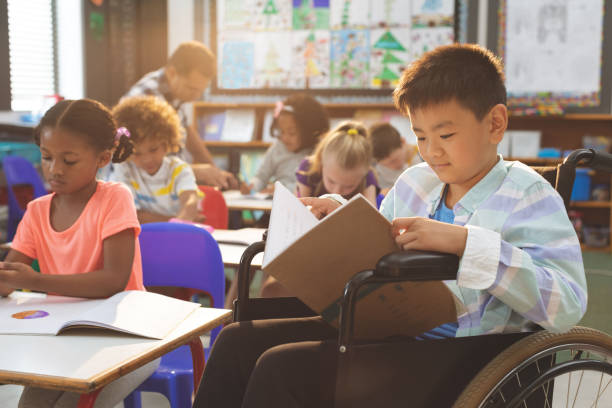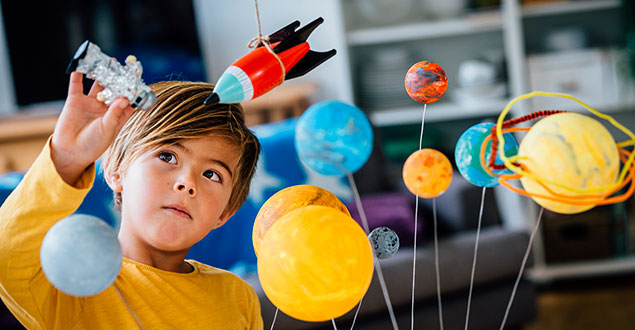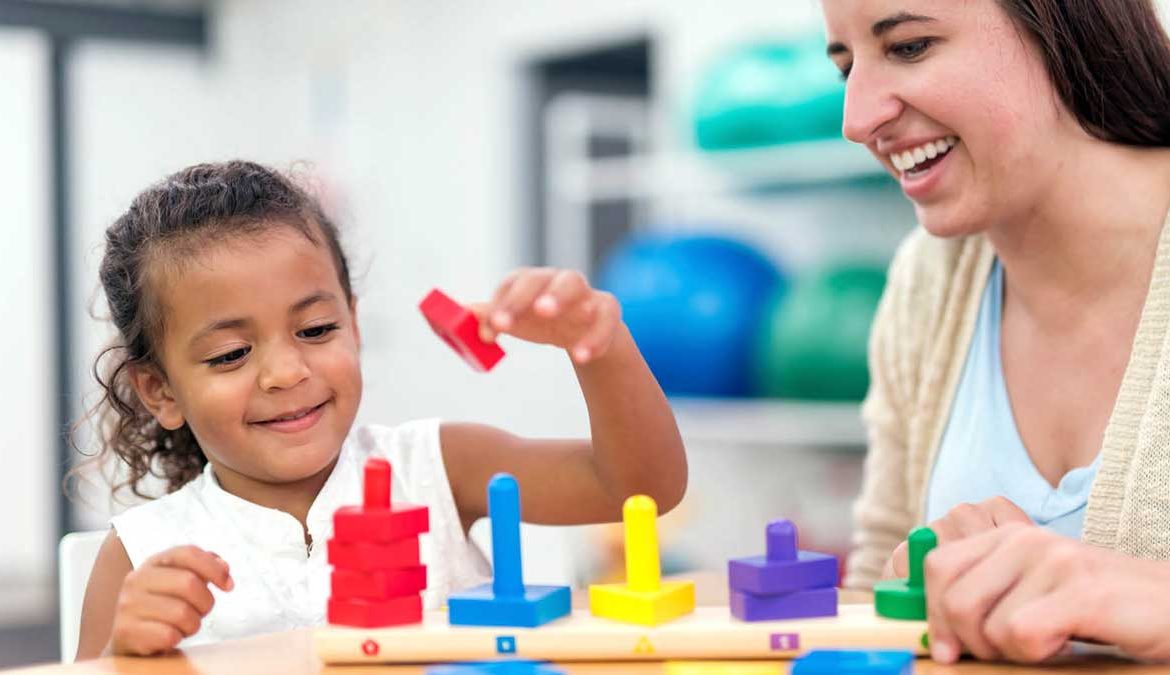
Program for 5-12 year olds with social difficulties
Brick-by-Brick™ is a small group social skills program, proven to help children with social difficulties, including Autism Spectrum Disorder (ASD)*, to improve and practice their social interaction and communication skills.
Using the principles of Play Therapy, the program helps children socialise with their peers and have fun in a supportive and understanding environment, while learning important skills like sharing, waiting, turn-taking, talking with others and making friends.
In the sessions, children agree upon a project that is achievable for everyone in the group, and are assigned roles:
Roles are rotated throughout the sessions so children can learn different skills and responsibilities.
Details
Brick-by-Brick™ consists of an initial interview with the child and parent, followed by small-group child sessions with a maximum of 6 children per group.
Brilliant Life Services’ psychologists runs the program during school terms, with 12 sessions in total. Each session is 1.5 hours, with parents attending for the first and last 15 minutes of each session.

Playing and Learning to Socialise (PALS)
PALS is an evidence-based social skills program to help 4-6 year olds develop a range of social behaviours for the early years of school. Using puppets, stories, games and role play, children learn important skills like:
The program is suitable for young children who may need extra support in social situations or in the lead up to preschool or kindergarten.
PALS aims to help children relate to others, teach constructive problem solving skills for social situations and promote the skills needed for the transition to school.
Details
Learning Links runs the program weekly during school terms, with 10 x 1-hour sessions in total.

Superflex® is a social skills program designed for 7-10 year olds, to help with social thinking, behaviour awareness and self-regulation skills. The programs focuses on managing social and communication difficulties, and is suitable for children who struggle to monitor and regulate their behaviour, including those with Autism Spectrum Disorder (ASD) Level 1 or Attention Deficit Hyperactivity Disorder (ADHD)*.
Over the course of the program, children become superheroes and are taught to explore social thinking concepts, become aware of their own social behaviour and develop strategies to monitor and modify their own behaviour.
The sessions cover a range of topics, including:
• Becoming a flexible thinker
• Understanding social rules
• Understand a big problem vs a small problem
• Learning to change unhelpful behaviours
Details
The program consists of small-group child sessions, with engaging games and activities. Each child is provided with a Superflex cape to utilise within the program.
Brilliant Life Services runs the program weekly during school terms, with 10 x 1 hour sessions in total.

The Incredible Years® Dinosaur School is a comprehensive evidence-based early intervention program that is effective in improving children’s social emotional competence, communication, self-regulation, school readiness and positive behaviours.
Brilliant Life Services is running the Dinosaur School early intervention program for children aged 4-8 years facing a range of social, emotional and behavioural difficulties, including those with ADD/ADHD, Autism Spectrum Disorder (ASD), conduct problems, developmental delays, speech disorders and undiagnosed communication delays.
To fully benefit from the program, children require verbal communication skills and the ability to participate in a small group, follow instructions, ask and answer basic questions appropriate for this age group.
Brilliant Life Services will also be running a similar parent support program, specifically for children with Autism Spectrum Disorder (ASD) and speech and language delays, in the coming months. Please get in touch with us to discuss which program would be most beneficial for your child and family.
The program consists of an initial interview with the parent, followed by small-group child sessions with a maximum of 6 children per group. The groups will be run by two psychologists.
Brilliant Life Services runs the program weekly during school terms over 10-15 weeks. Each session is 1-2 hours duration, and parents/carers are required to attend. Duration and session times differ depending on location.
Children participate in structured group activities and discussions, with a range of fun dinosaur themes, games and characters. Facilitators use puppets, videos and role plays to help children learn vital social, communication and emotional skills and build confidence. The dinosaur-themed content units include:
Each session will be made up of circle time, small group practice and play activities
Dinosaur School aims to strengthen children’s social and emotional competencies and communication skills, helping them develop in a range of areas, including:

Program for 7-9 year olds with Autism Spectrum Disorder and mild intellectual disability
The Westmead Feelings Program is an evidence-based small group intervention program for children with Autism Spectrum Disorder (ASD) and mild intellectual disability*, teaching them about emotional understanding and social awareness.
Based on theories of emotional intelligence and emotional competence, the program empowers children to interact and social with their peers in a fun, supportive and understanding environment.
Over the course of the program, children participate in activities that build foundations of emotional awareness, social skills and good mental health, including:
Details
The Westmead Feelings Program runs across three school terms and consists of an initial interview with the child and parent, followed by 15 small-group child sessions, 6 parent sessions and a booster session 6 months following program completion. Each session is 1.25 hours, with parents able to attend the last 15 minutes of each session if they wish.
Children and parents both receive a resource pack to support program participation.

The Zones of Regulation is designed for children 6-12 years (split into appropriate age groups) and aims to address challenges with emotional and sensory regulation, and social skills. Using visuals, play-based activities, role playing and video modelling, the program teaches self-regulation by helping children to categorise their emotions and develop strategies to control their impulses and cope when they feel overwhelmed. It is suitable for all children, including those with ASD, ADHD or mood disorders.
The program includes discussions, role plays, video modelling and variety of activities to teach students to:
Details
Brilliant Life services currently runs this program in a small group over 3 half-days in the school holidays, however, it can also be tailored to meet the needs of families.